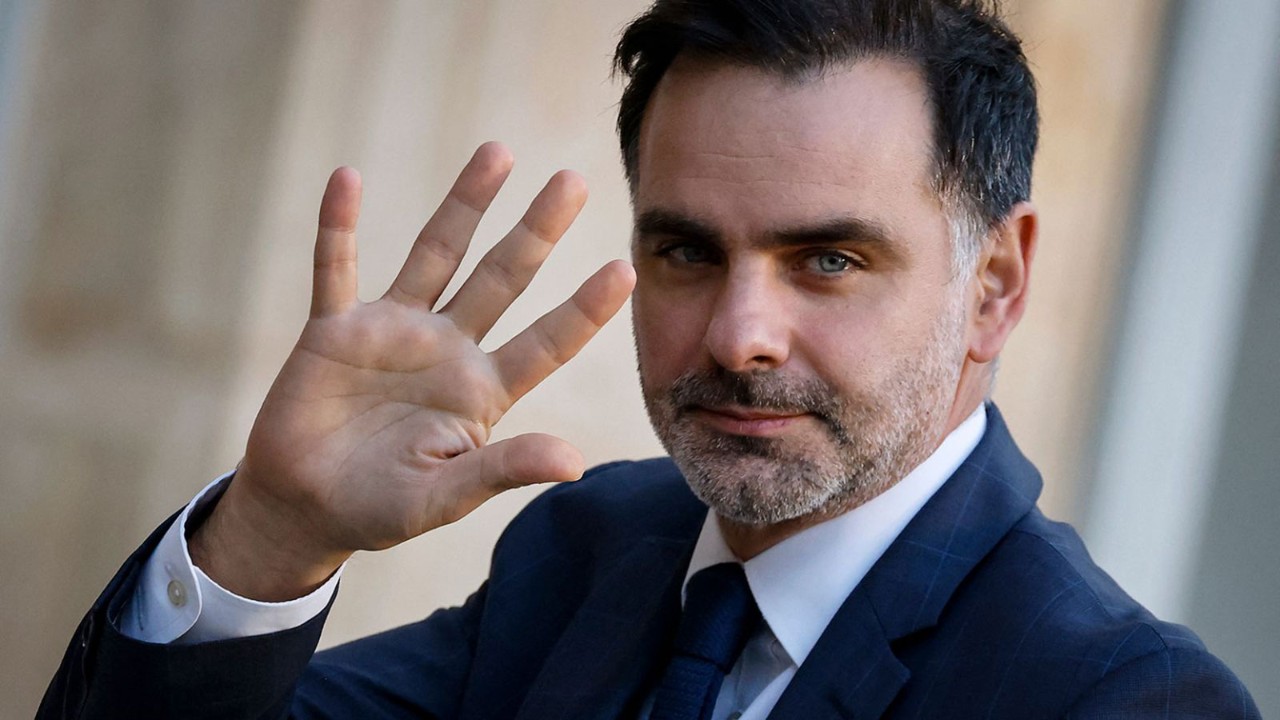
French government plans for special ’exceptional and temporary’ taxes on the highest-earning individuals and largest-turnover companies will not make those targeted flee France, an aide close to budget minister Laurent Saint-Martin has stressed to AB.
The draft Budget 2025 was unveiled on 10 October by Saint-Martin (a member of the Renaissance centrist party, which backs President Emmanuel Macron) and finance minister Antoine Armand (also Renaissance) before the French lower house of parliament, the National Assembly. It includes an exceptional contribution on high income, which would ensure that individuals earning over €250,000 and couples (households) over €500,000 pay whatever is needed to bring their overall income tax rate up to 20% for three tax years starting with 2024.
‘These taxes are not reasons to plan big moves’
To avoid a cliff edge, the amount of contribution will be staggered up to €330,000 income or double that for households. The government forecasts the temporary tax will swell public coffers by €2bn next year, helping achieve the Budget goal of slashing €60bn from public debt.
Business levy
Similarly, businesses with annual turnover above €1bn will have to pay a 20.6% levy on their corporate tax bill in 2025 on the previous financial year’s profits, with a 41.2% levy on companies with turnover above €3bn. The government expects the tax to bring in €8bn in 2025 and €4bn in 2026, when the levy will be halved to 10.3% and 20.6%. Companies with turnover just over the two thresholds by up to €100,000 will pay a staggered rate.
The government has also delayed a plan in the 2023 Budget to phase out the contribution on the added value of companies whose turnover exceeds €50m. Originally scheduled to be phased out from the end of 2024, the tax will now remain at 0.28% until 2027, fall to 0.19% in 2028, then 0.09% in 2029 before finally being abolished in 2030. And a new 8% tax will be levied on capital gains from share buybacks involving companies with more than €1bn annual turnover.
Saint-Martin’s aide stresses that the temporary levies will not chase businesses or the wealthy out of France because they are targeted at ‘those who have the means to pay’ and, significantly, are limited to a ‘very short period’. The Budget legislation contains a sunset clause limiting the exceptional levies to three years for individuals and two years for businesses; past wealth taxes ‘historically became permanent’.
Géraud Nayral, CEO and founder of French Tax Online, agrees, saying ‘there is nothing really disturbing’ in the Budget proposals and these taxes ‘are not reasons to plan big moves’.
‘It is mainly a political move. People want to tax the rich’
Avoidable
Nayral points out that ‘the people that will be impacted have the means to avoid them anyway!’ and that higher earners will probably have a smaller salary and make more from dividends. ‘Entrepreneurs can manage their income,’ he says. ‘Most of my clients have a nice income of €100,000, €200,000, €300,000 and the rest of the money goes into a holding’ on which they pay no income tax, although it is subject to corporation tax.
He says that the only people making over the exceptional contribution thresholds will be the likes of CEOs of big companies and some professionals such as doctors, who cannot channel income into personal holding companies. Nayral says the exceptional contribution will affect only a few thousand people at most in France. ‘The average doctor in France can’t do anything,’ he points out, but ‘if you’re a billionaire, you can do anything you want’. For Nayral, the tax is mainly a political move ‘because people want to tax the rich’.
A proposed hike in the so-called flat tax (on different sorts of investment income, such as dividends, interest and capital gains) from 30% to 33% is likely to have a bigger impact than the temporary taxes, Nayral forecasts. He believes it will bring in more money because a lot of people pay the flat tax, so ‘3% is huge, trust me’.
Nevertheless, Nayral does not see this change prompting people to leave the country, especially his clients, who are mainly English-speakers living in the country because they love France itself. ‘What options do you have?’ he asks. ‘Are you really going to leave the country because of 3% on the flat tax?’
The proposed changes will only matter, he says, if a client is making €600,000, and then an accountant will have to ‘manage this income and find a way to do it differently’.
‘In France, everything can change, especially with taxation’
Personal holding companies
Nayral says it is going to be increasingly important to have personal holding companies, ‘but all my wealthy clients do this already’. However, in future the holding will need to own not only the business but also the different properties and assets, allowing the wealthy to use the main company money to buy properties rather than generate personal income. This strategy, says Nayral, ‘is no secret and it’s not crazy’.
While the Budget legislation has yet to be adopted – and ‘in France, everything can change, especially with taxation’, says Nayral – the Saint-Martin aide insists that these exceptional levies, as well as one on maritime freight, will make it into the final Budget. Even though the National Assembly had just rejected the bill as went to press, the government can use the ‘49.3 constitutional mechanism’ to override parliament’s wishes.



